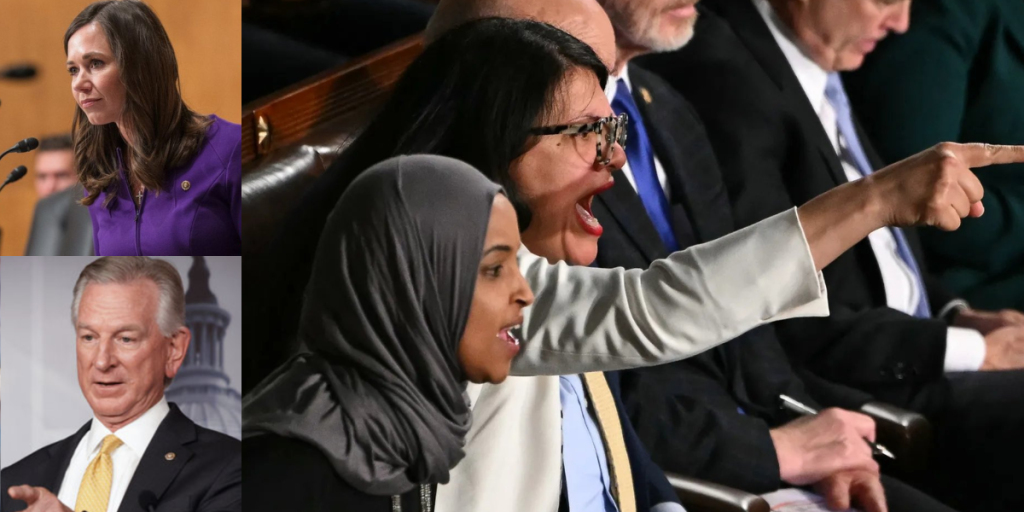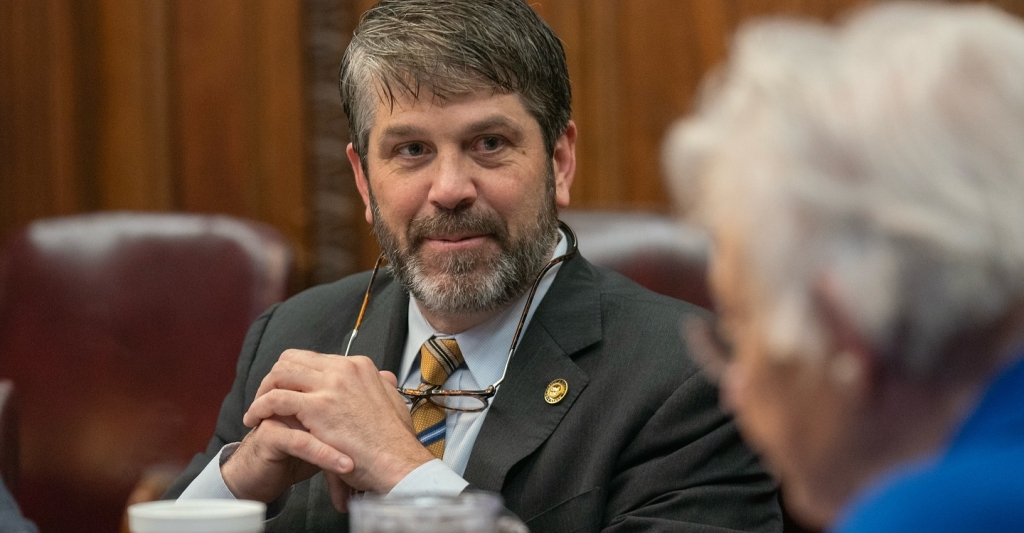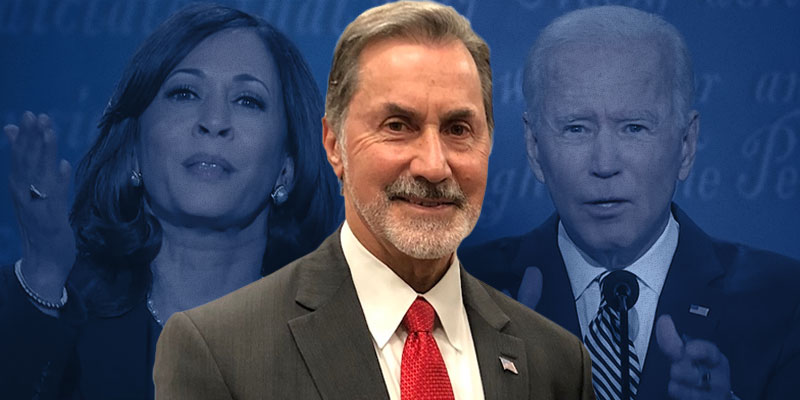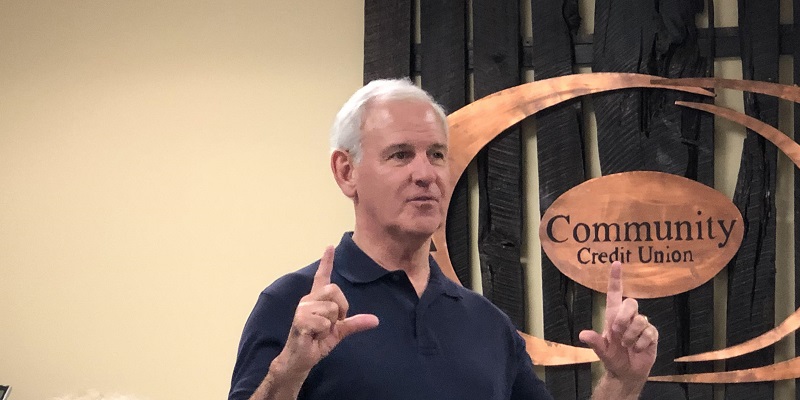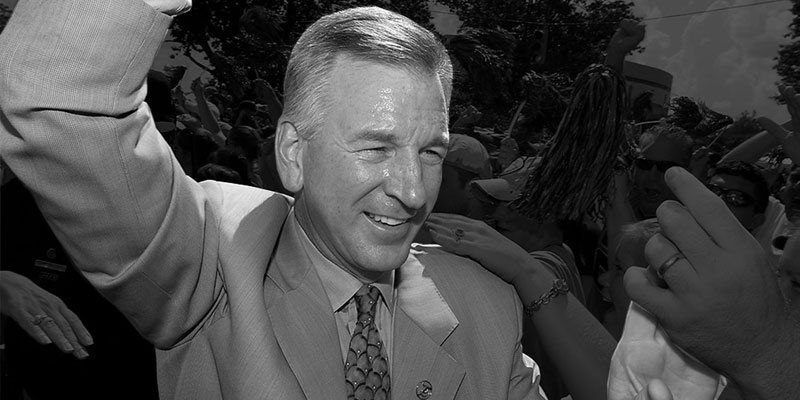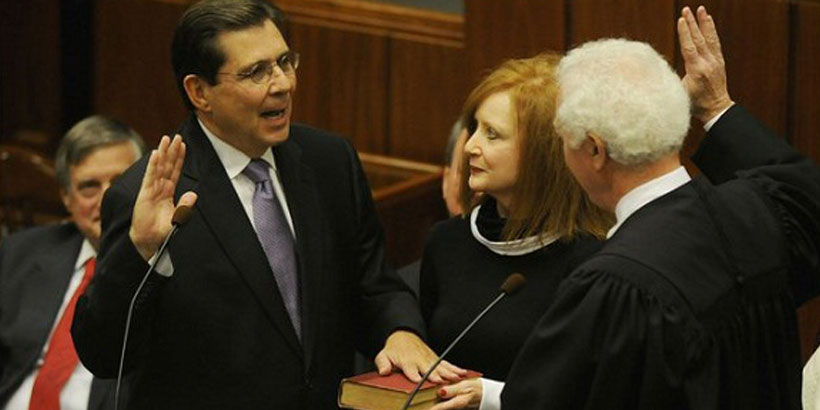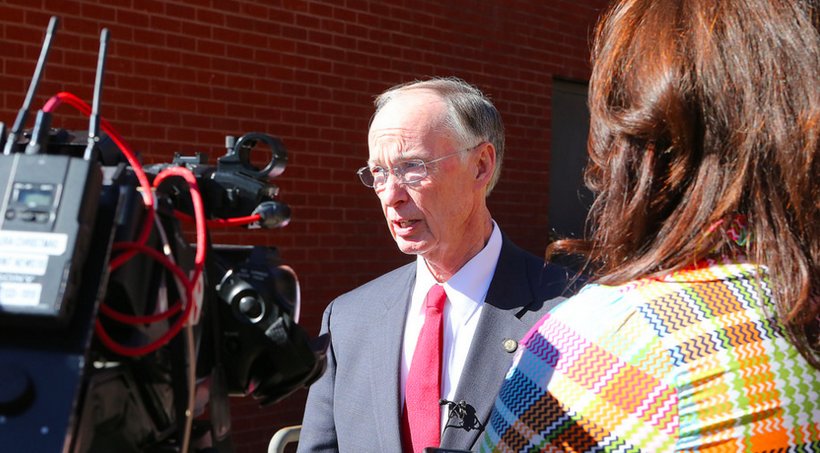
Local talk radio is a strong force in Alabama.
The Senate Leadership Fund—a Mitch McConnell-backed super PAC—learned this lesson during the GOP primary process when it that supported Luther Strange against Roy Moore.
An SLF memo leaked to The New York Times immediately after the election described “the power of talk radio” as a key source of political information for conservative primary voters in Alabama.
“Local radio hosts wield almost as much influence as national names like Hannity and Ingraham, and they are more receptive to cultivation,” the memo explained.
“In an environment where Republican incumbents could be challenged from the right, talk radio must be a top priority for earned media outreach,” it added.
Roy Moore never seemed to learn this lesson. Moore’s failure to recognize the importance of talk radio became apparent toward the end of his special election campaign. While Moore made early appearances on local talk shows, his presence on the airwaves waned as the election wore on.
Moore’s absence from your AM/FM dials was likely no accident. The candidate did not fair well in forums that were not entirely on his side.
In an interview on WNNN’s “The Dale Jackson Show” in Huntsville back in July, Moore revealed he was unfamiliar with the acronym DACA, which stands for “Deferred Action for Childhood Arrivals.” In the later stages of his runoff race, Strange and his allies used those remarks against Moore.
That radio appearance epitomized Moore’s relationship with radio’s spoken-word format. It also revealed his vulnerabilities as a candidate. According to Jackson, Moore’s failure to embrace local political talk was one of his weaknesses.
“Moore lost because he abandoned any semblance of a real campaign,” Jackson told Yellowhammer News. “He didn’t face any tough questions, and it made him look weak. Talk radio is hardly a hostile environment for him, and he only went on shows where he knew they would be overly friendly. Roy Moore lost this election, we can blame the media for allegations or the ‘swamp,’ he didn’t fight, and he lost. He needs to concede and go away a beaten man.”
Other talk show hosts detected Moore’s weaknesses in this arena as well. At the opposite end of the state, News Talk 106.5 morning and mid-day host Sean Sullivan described Moore as “uncomfortable” in radio interviews.
“Roy Moore did a couple of interviews with me but seemed uncomfortable with the idea of being on talk radio,” Sullivan told Yellowhammer News. “Moore and more importantly his campaign didn’t, other than boilerplate emails, communicate with me and I imagine other show hosts. With the maelstrom surrounding his campaign I was surprised he didn’t use talk shows in Alabama more often to counter the attacks and clarify his message.”
Traditionally in general election settings, conservative talk radio hosts have lined up behind the big-name Republican candidates. Birmingham talker Matt Murphy, who co-hosts a show with Andrea Lindenberg, revealed publicly he couldn’t vote for Moore and declared he wrote in Rep. Mo Brooks instead.
That came as somewhat of a surprise to many, given that Murphy and Lindenberg emceed a rally for Moore in Montgomery—which featured an appearance by former Alaska Gov. Sarah Palin—just days before the GOP runoff.
Scott Beason, a former state senator who now hosts a political talk show on WYDE 101.1 FM in Birmingham and Huntsville, said radio should be a central part of a candidate’s communication strategy.
“Every candidate should do talk radio because it’s the only format where they can expand and fully explain their message while speaking directly to the voters,” Beason said. “But radio hosts are also responsible for finding and presenting the truth to their audience. Once Roy Moore held back, I think many were personally offended so their attitude against the candidate began to change. That does a disservice to their listeners.”
The moral of this story is in Alabama Republican politics, you dismiss political talk radio at your peril. While the listeners are a very small part of the overall electorate, they tend to be the most politically active. Without the support of the hosts (or their opposition in Tuesday’s election), you risk losing that constituency.
In a general (albeit special) election decided by 1.5 percent of voters, keeping the talk radio caucus intact could have won it for Moore.
Jeff Poor is a graduate of Auburn University and works as the editor of Breitbart News’ video site.
(Updated at 8:46 to include comments from Scott Beason)




